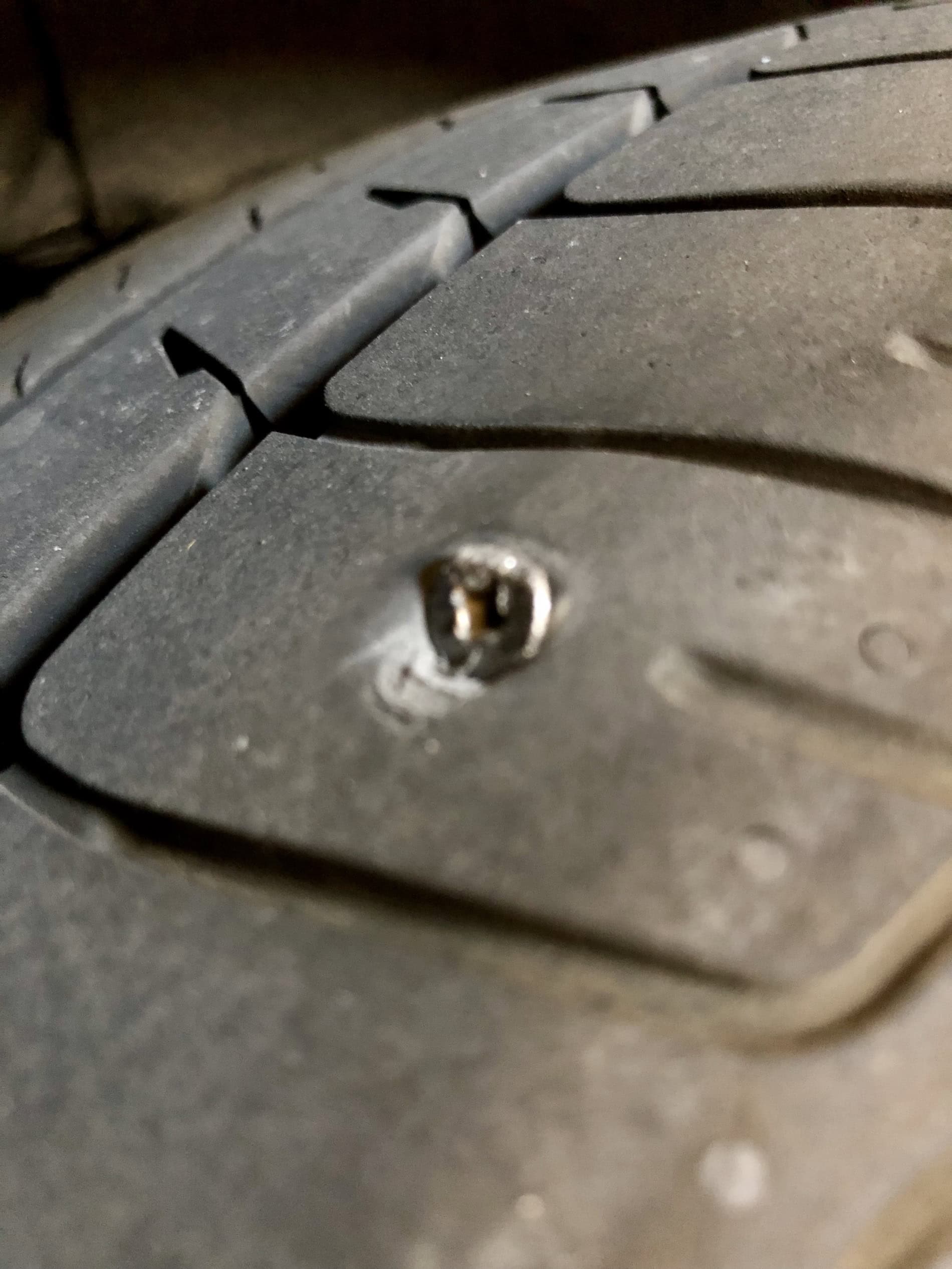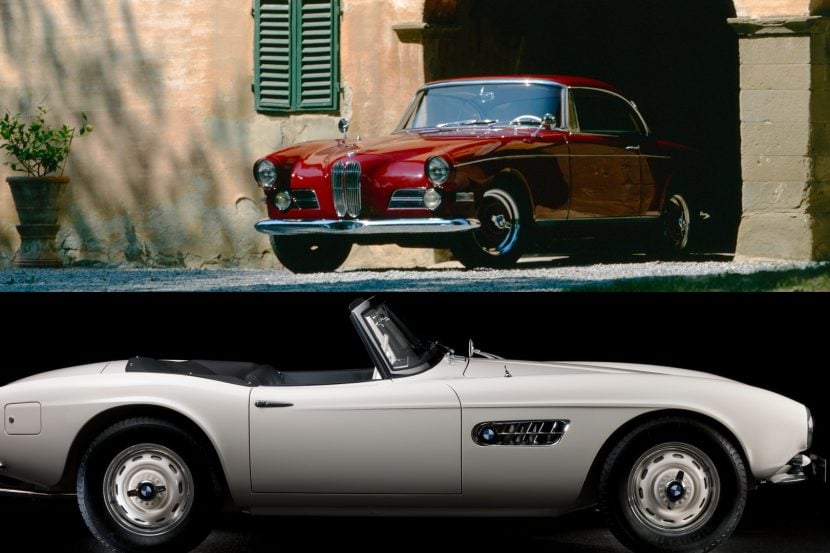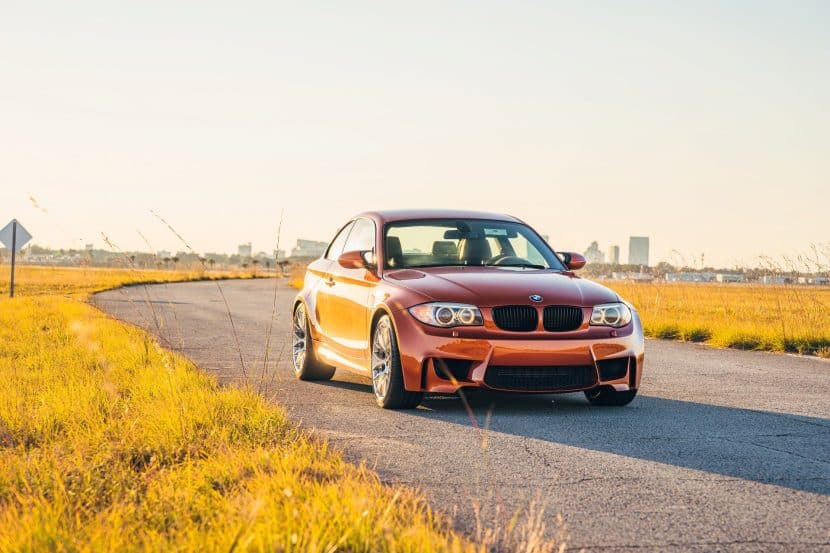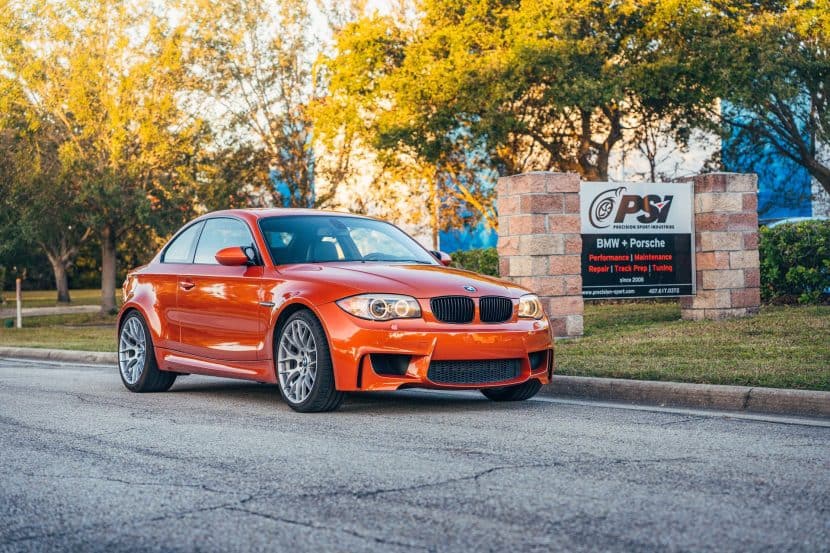It’s important to know what kind of tires you have on your car, thus if you are ever faced with an adverse situation, you’ll know what you safely can and cannot do. BMW equips the majority of their cars with run flat tires. They do this because it provides their customers with a few added benefits:
- You can drive on a flat tire: The main benefit of a run-flat tire is that it allows you to keep driving—up to 50 miles at 50 miles per hour. This means that a person doesn’t have to get out of the car on the side of a busy highway or try to change a tire in the dark.
- More stable after a blowout: Because a run-flat tire can support the vehicle without any air pressure, steering and handling will remain near normal after a sudden deflation.
- Lower vehicle weight: With no spare tire and the repair tools removed, vehicle weight is reduced.
How can you identify if you have BMW run flat tires or not? All the information you need is on the sidewall. For BMW vehicles, what you will want to look for is the RSC label.
If you are on run flat tires, most manufacturers recommend replacement when they have been driven in a severely underinflated or zero pressure condition. This is because the integrity of their internal structure cannot be confirmed.
Now if you are on standard tires, and your tire becomes damaged, it may be repaired if it meets the following criteria:
- The tire has not been driven on when flat.
- The damage is only on the tread section of your tire (sidewall damage ruins a tire immediately).
- The puncture is no greater than ¼”.
The proper way to have a flat tire repaired is to fill the puncture hole from the inside, then apply a patch on top of the repair. Do not have your tire plugged. Ever. Plug repairs do not involve taking the tire off the wheel for a proper inspection. A plug is simply inserted into the punctured area, making it unreliable. Insist on a full inspection and have your tire center demount, then inspect the interior and exterior of the tire. Only after a thorough inspection should a tire be repaired.
If the three criteria above are not met, then you will have to replace the damaged tire. Don’t forget to inspect the tire on the other side of the car, if that one has a low tread depth, you will want to at least replace that one too.
Michelin recommends replacing all four tires at the same time, however if replacing only two new tires, be sure that the new tires are the same size and tire type as the current tires and that the dealer always installs the new tires on the rear axle of the vehicle when possible. If there is ever any question to the integrity of the tire, please just replace it! No amount of money is worth the safety of you and your passengers.



















































